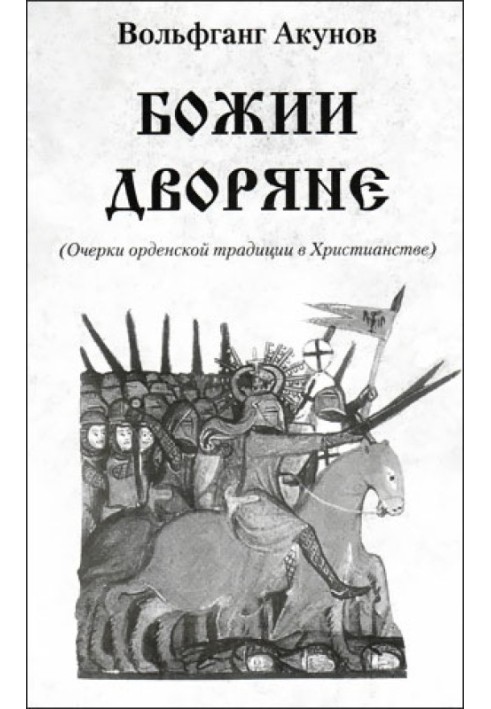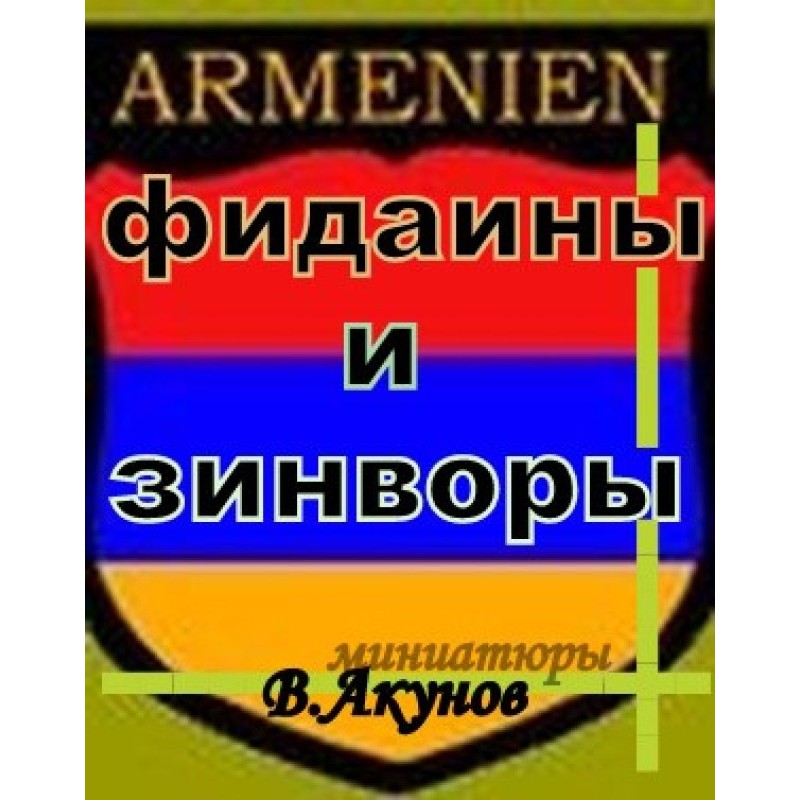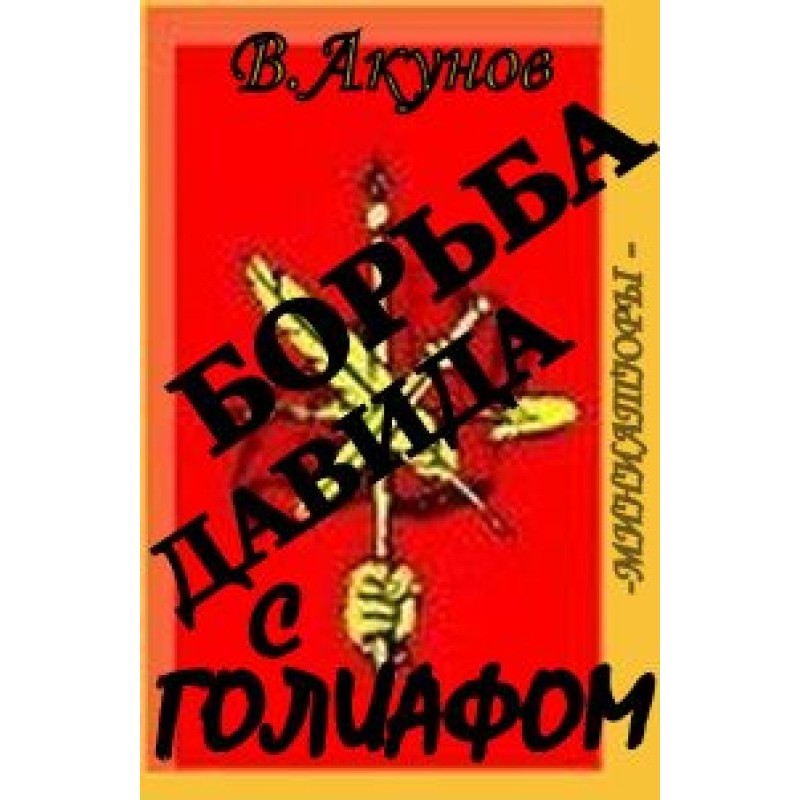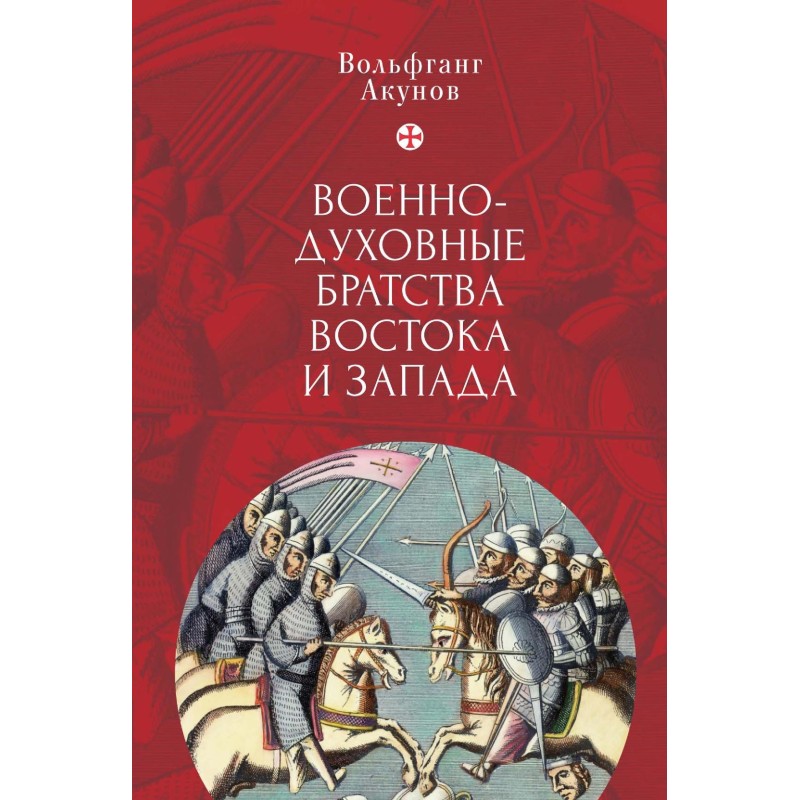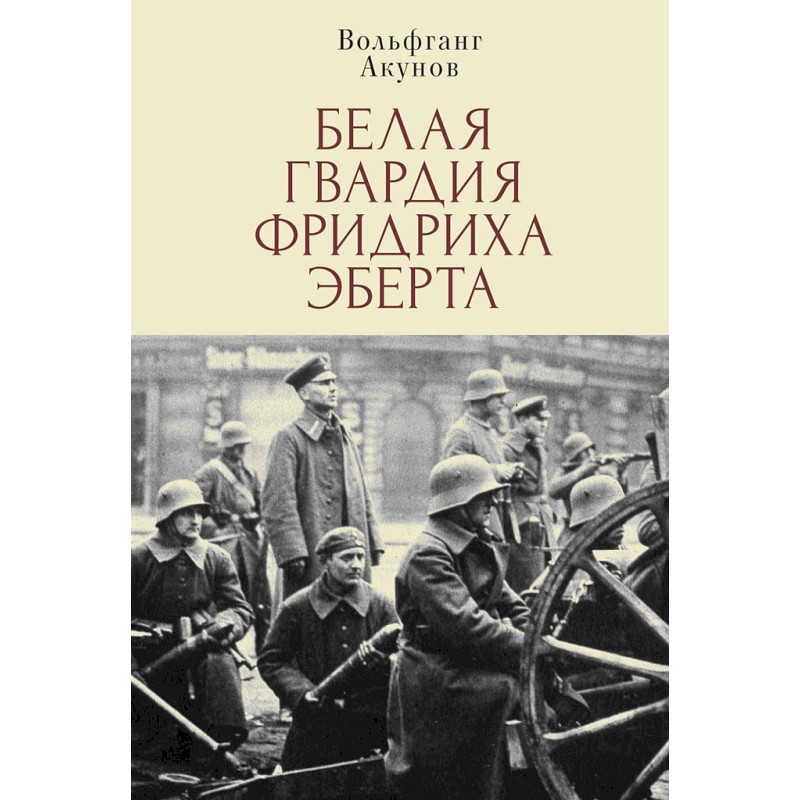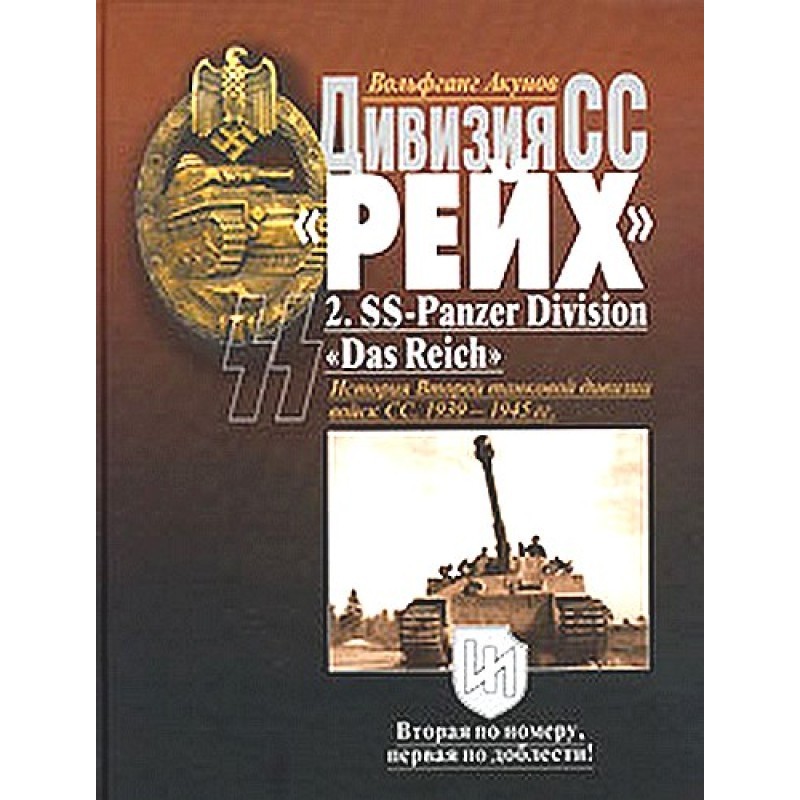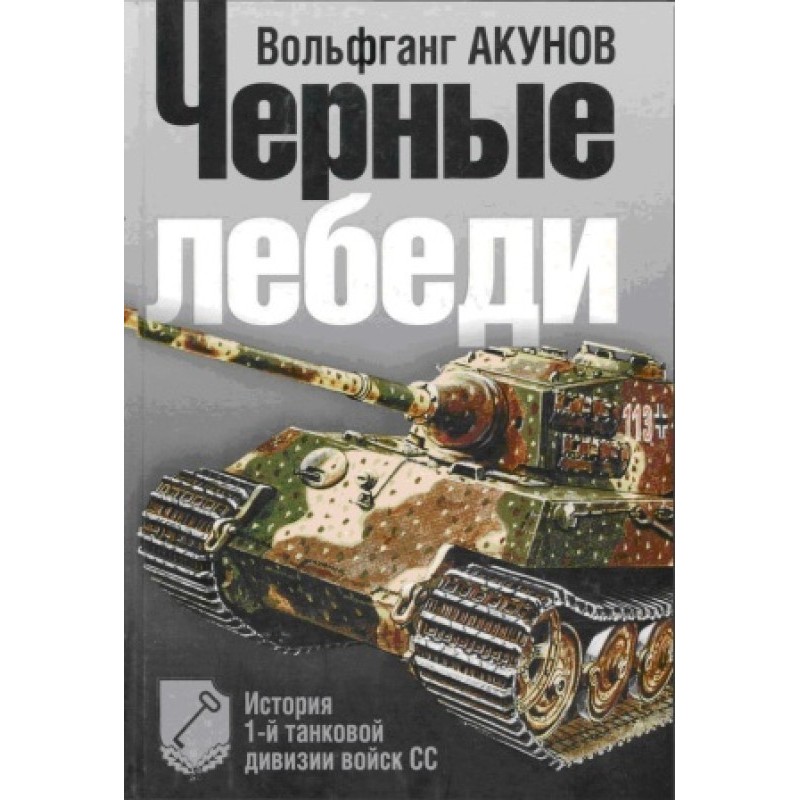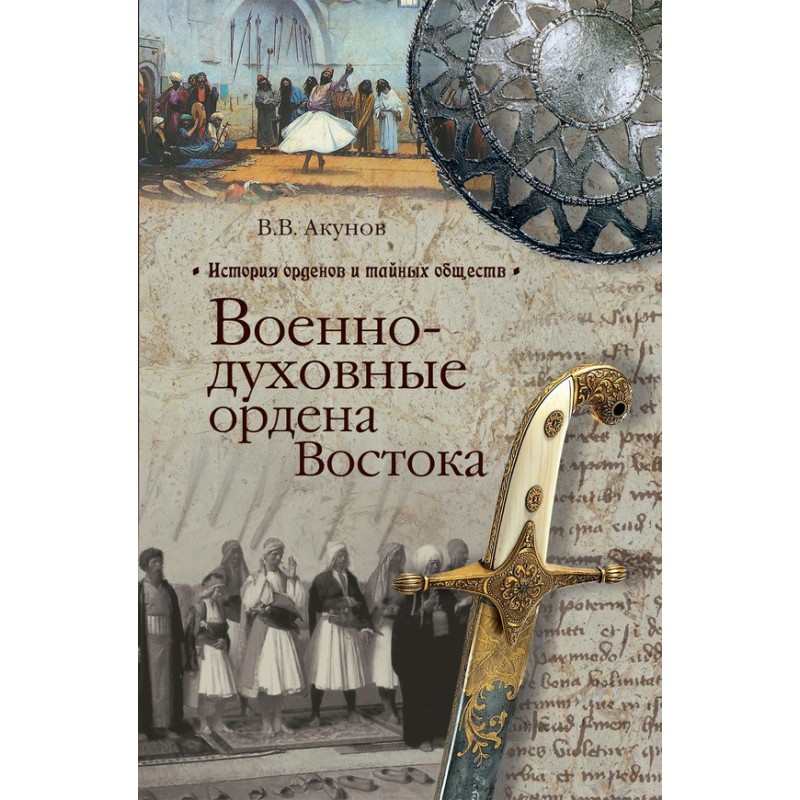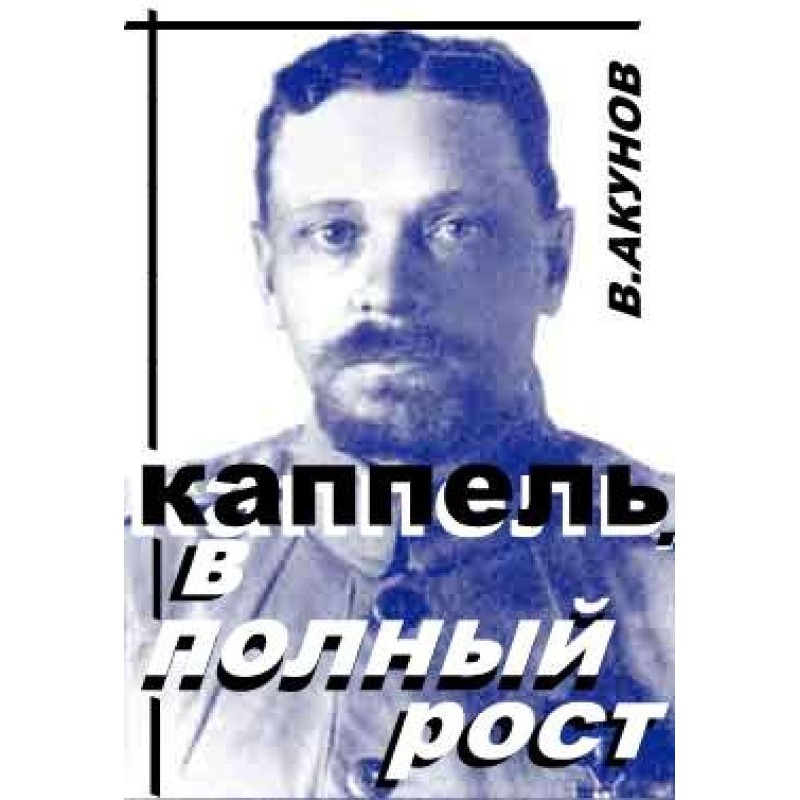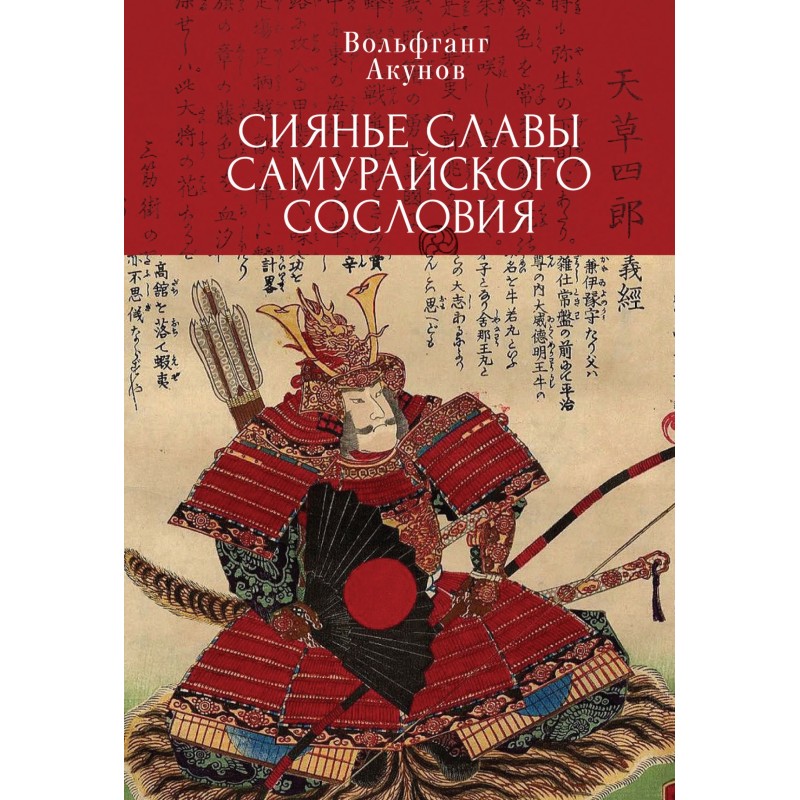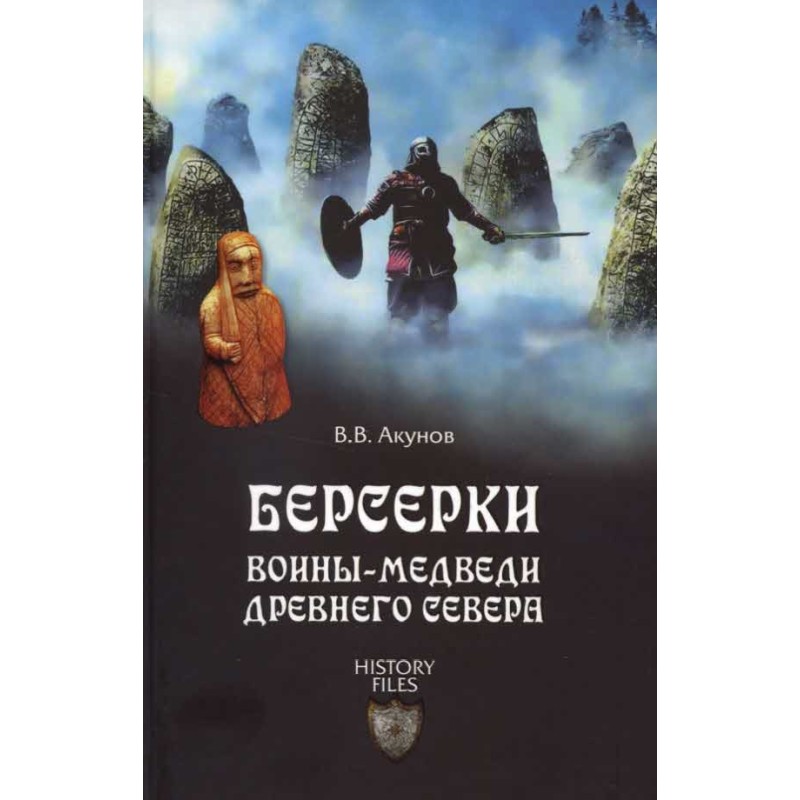God's nobles
 Instant download
Instant download
after payment (24/7)
 Wide range of formats
Wide range of formats
(for all gadgets)
 Full book
Full book
(including for Apple and Android)
Annotation of the book For those who feel the stench of this world, as the modern Orthodox historiosophist Roman Bychkov wrote, in the magazine “European” No. 2 (10) for 2006 (p. 87), it is obvious that it is not effeminate, lunar Horde, but the courageous, sunny, orderly principle must inevitably become the basis of the Russian future. Christianity itself initially had an Order character, which was laid in it by the Sacrificial God-Man Himself through the holy Apostles. This Order of the Evangelists of God was a representative of the Church Militant, for the Apostles were armed not only with the power of the baptism of the Holy Spirit, but also with weapons of completely earthly origin (those swords, about which are so often spoken of in the Holy Gospels speak for themselves). Spiritual and military orders, uniting unmercenary knights, essentially embodied ordained by our Savior. Their castles stood as formidable, indestructible outposts on the path of the beast people’s aggression against the White man, protecting the Ario-Christian heritage from the international crowd of subhumans. And it is no coincidence that Saint Bernard of Clairvaux, in his fundamental work “On the Praise of the New Knighthood” (De laude novae militiae), compared the founding of the Order with a miracle that occurred by the will of the Lord. Wolfgang Akunov's book is extremely rich in historical facts, free from all kinds of hoaxes. Thus, the chapter dedicated to the “poor knights of Christ and the Temple” (the Templars), with its scientific objectivity, compares favorably with the now widespread hoaxes and fantasies in the spirit of O. Charpentier, R. Ambelain and V. Smirnov. The author’s testimony about Teutonic (German) Order. Thus, the author points out that the fourth Hochmeister (Supreme Master) of the Teutonic Order, Hermann von Salza, played a decisive role in its development. He was a confidant, advisor and friend of Emperor Frederick II of Hohenstaufen, who literally showered him and his Order with all sorts of favors and privileges. In essence, Hermann von Salza was a Ghibelline Master. It was on his advice that the Roman-German Emperor, rejected by the papal throne, crowned himself with the crown of Jerusalem, returning the Holy City to the Christian world. The author did not ignore the ill-fated IV Crusade. The unconditional merit of Wolfgang Akunov is impartiality. In what happened, he writes, Byzantium itself was to blame. The deceit and greed of the "Romans", their cunning, cynicism, treachery, unscrupulousness in means, hypocrisy and betrayal of one’s word have long been proverbial both in the East and in the West (including in Rus'). Undoubtedly, Byzantine deceit was a consequence of the racial degradation of the “Romans”, who had lost their original Aryan Hellenic-Roman dominant (God save our Ruu people from this!). It is logical that Wolfgang Akunov touches here on the topic of the continuity of the Byzantine heritage. His conclusions are clear: It was as the last Orthodox Tsar - the guardian and patron of the Orthodox Faith - that the Moscow Great Sovereign-Autocrat was the only legitimate successor of the Eastern Roman autocrat-basileus. The author pays great attention to the Order of St. John of Jerusalem, the famous Order of Malta. Wolfgang Akunov clearly indicates the foreign policy aspect of the “Maltese project” of Emperor Paul I. The author writes, the talk was about the creation of an international legitimist League, Christian, but non-confessional, opposing the revolutionary movement of the French Freemasons, which threatened to overwhelm all of Christian Europe. Masonic circles could not allow this to happen, and the Tsar Knight fell victim to the St. Petersburg conspirators directed by English Freemasonry. Despite the fact that Wolfgang Akunov’s book is dedicated to the Western European Order tradition, it serves as a reminder that the spiritual and military Order tradition is more than close to us, the Russians, as the most important branch of the Japhetic racial tree. Thus, the oprichnina of Sovereign Ivan the Terrible, the “Black Hundreds” of Minin and Pozharsky, the Secret Anti-Socialist League of the 19th century, the Black Hundreds the unions of the twentieth century were typically of an orderly nature. We are convinced that in the end the Orthodox Spiritual Knightly Order, the army of the Final Battle, will become the citadel within whose fence the Coming Sovereign will be revealed to the world. Wolfgang Akunov's new book is a very significant contribution to the foundation of this citadel.9. September 2007
Data sheet
- Name of the Author
- Вольфганг Акунов Викторович
- Language
- Russian
Reviews
Вражаюча та глибока книга про духовну спадщину
Книга "Божі дворяни" Вольфганга Акунова вражає своєю глибиною та історичною обґрунтованістю. Автор майстерно досліджує тему духовно-військових орденів, їхнього впливу на історію та культурну спадщину, зокрема в контексті православної традиції. Ця книга не лише розкриває факти про лицарів та їхню роль у захисті християнських цінностей, але й ставить важливі питання про ідентичність та спадкоємність. Акунов не боїться торкатися складних тем, таких як підступність Візантії та роль Московії у збереженні православної віри. Його об'єктивний підхід до історичних подій, таких як IV Хрестовий похід, додає глибини та ваги його аргументам. Я вважаю, що ця книга стане важливим джерелом для всіх, хто цікавиться історією, релігією та культурою, і закликаю всіх прочитати її, щоб зрозуміти, як минуле впливає на наше сьогодення та майбутнє.

